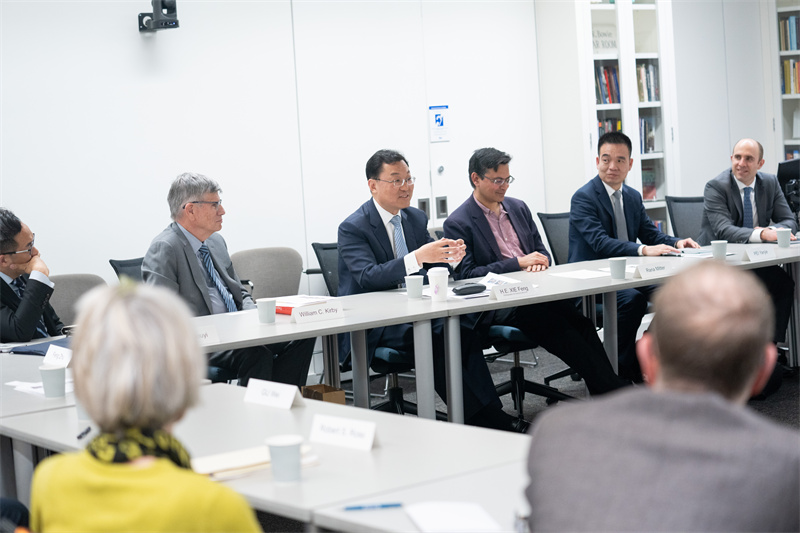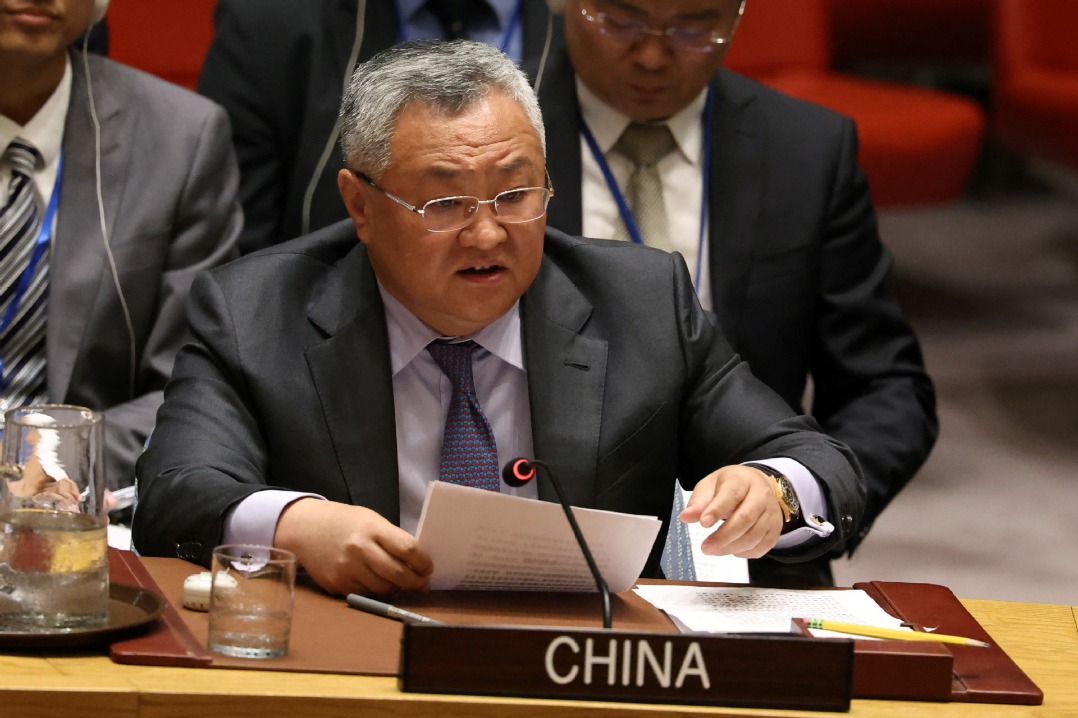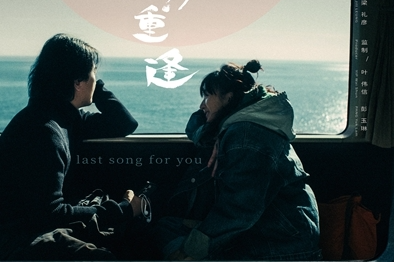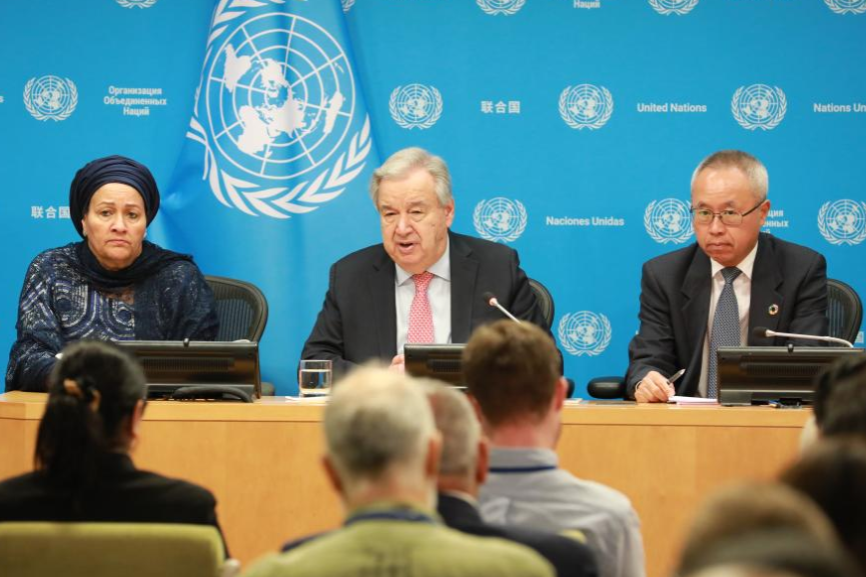Ambassador Xie Feng: China is neither Athens nor Sparta


On April 19, 2024, Chinese Ambassador to the United States Xie Feng visited the Fairbank Center for China Studies at Harvard University and had an in-depth exchange of views on China-US relations with experts and scholars at the center.
Ambassador Xie pointed out that to know the real China, one needs to have a comprehensive understanding of China's history and culture, the character of the Chinese civilization, and the essence of key Chinese concepts. That enables one to know where China is from and where it is heading to. The Chinese culture provides many inspirations for navigating around the "Thucydides trap".
First, the Chinese people believe peace is of paramount importance. The Art of War by Sun Tzu is a must-read for students at the West Point, the US National Defense University, and the US Naval Academy. From its name, some may assume it is all about power games and conspiracies, just like Machiavelli's The Prince, which believes the ends justify the means. But on the very contrary, the book begins with this observation, "The art of war is of vital importance to the State. It is a matter of life and death, a road to either survival or ruin. Hence it demands careful study."
Although for most of the time in history, China was one of the strongest countries in the world, our forefathers warned as early as in the third century BC that "A warlike nation, no matter how mighty, is doomed to perish," opposing aggression, colonization and plunder, and stressing that war should only be the last resort for defending national interests.
Since then, caution against war and value of peace and harmony have become an integral part of the Chinese culture. This applies not only to state-to-state relations, but also to relations between peoples, and between man and Nature. The spirit is embodied in many Chinese phrases, such as "seeking harmony without uniformity", "promoting harmony among all nations", "seeking harmony between yin and yang" , and "maintaining harmony between man and Nature". The aspiration for peace is deeply ingrained in our culture, making us who we are. China is not Athens, nor is it Sparta. The obsession with hegemony is not in our DNA; still less is it the logic of our development.
Second, the Chinese people uphold rule by virtue, not rule by force. In the Chinese culture, "A noble man is expected to embrace the world with virtue." We focus on self-refinement culturally and ethically, rather than conquering the outside world. The historical figures most respected by the Chinese people are often sages and people of virtue. Confucius, for example, was not a prince or general. But his name has gone down in history as the most distinguished thinker and educator in ancient China, and continues to be worshiped till this every day.
Third, the Chinese people have a keen sense of history. The Chinese civilization is the only civilization that has run uninterrupted for over 5,000 years. During this process, we have learned to take history as our best guide, and view things with a historical, long-term perspective. We draw both inspirations and lessons from history and make decisions with eyes beyond horizon. Chinese leaders believe that the "Thucydides Trap" is not inevitable. Now that we have seen all those precedents falling into the trap, we should all the more take the lessons, act to prevent history from repeating itself, reject the Cold-War, zero-sum mentality, and find a right way for China and the United States to get along in the new era.































